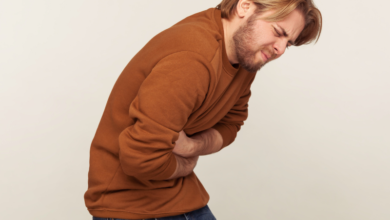Parkinson’s Disease: A neurodegenerative disorder affecting movement.
Parkinson's Disease: Understanding the Symptoms, Causes, and Treatments

What is Parkinson’s Disease ?
Parkinson’s Disease is a progressive neurological disorder characterized by the loss of dopamine-producing nerve cells in the brain. These nerve cells are responsible for controlling movement.
what are the symptoms of Parkinson’s Disease ?
· Tremor: Shaking of the hands, arms, legs, or face.
· Rigidity: Stiffness and resistance to movement in the muscles.
· Bradykinesia: Slowness of movement or difficulty initiating movement.
· Postural instability: Difficulty maintaining balance and coordination.
who can suffer from Parkinson’s Disease?
Parkinson’s Disease can affect anyone, but it is most common in people over the age of 60. Men are slightly more likely to develop Parkinson’s than women.
What are the types of Parkinson’s Disease ?
· Idiopathic Parkinson’s Disease: The most common type, with no known cause.
· Secondary Parkinson’s Disease: Caused by other factors, such as medications, brain injuries, or toxins.
· Atypical Parkinson’s Disease: A group of rarer disorders with similar symptoms but different underlying causes.
Which diagnostic tests are available for Parkinson’s Disease?
· Medical history and physical exam
· Neurological exam
· Brain imaging tests (MRI, CT scan)
· Dopamine transporter imaging (DaTSCAN)
What is the treatment of Parkinson’s Disease?
· Medications: To replace dopamine or improve its effectiveness in the brain.
· Deep brain stimulation (DBS): A surgical procedure that involves implanting electrodes in the brain to regulate abnormal electrical activity.
· Physical therapy: To help maintain mobility and improve balance.
· Speech therapy: To address speech and swallowing difficulties.
Which diet I should take, if any ?
While there is no specific diet for Parkinson’s Disease, a healthy diet rich in fruits, vegetables, whole grains, and lean protein can support overall health. Some studies suggest that antioxidants and omega-3 fatty acids may be beneficial.
Which speciality of the doctor will treat Parkinson’s Disease ?
A neurologist is a medical professional who specializes in diagnosing and treating Parkinson’s Disease.
Is Parkinson’s Disease completely curable ?
Parkinson’s Disease is currently not curable, but treatments can help manage symptoms and improve quality of life.




